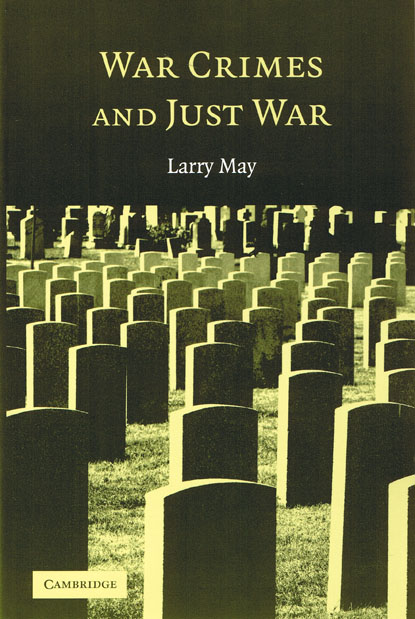
Larry May argues that the best way to understand war crimes is as crimes against humanness rather than as violations of justice. He shows that in a deeply pluralistic world, we need to understand the rules of war as the collective responsibility of states that send their citizens into harm's way, as the embodiment of humanity, and as the chief way for soldiers to retain a sense of honour on the battlefield.
Throughout, May demonstrates that the principle of humanness is the cornerstone of international humanitarian law, and is itself the basis of the traditional principles of discrimination, necessity, and proportionality. He draws extensively on the older Just War tradition to assess recent cases from the International Tribunal for Yugoslavia as well as examples of atrocities from the archives of the International Committee of the Red Cross.